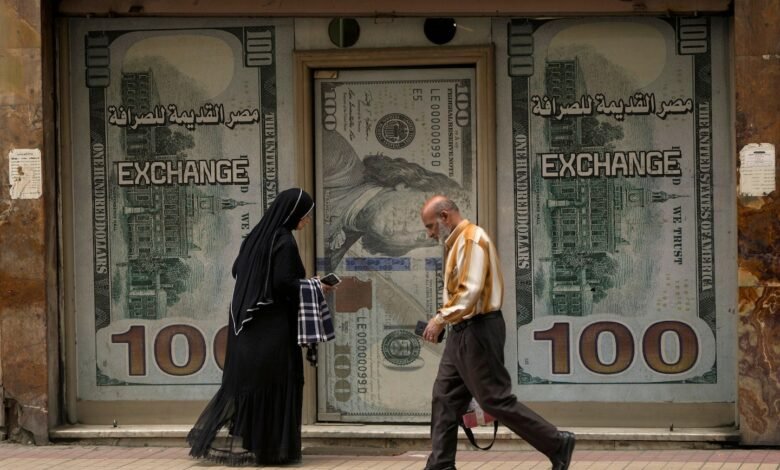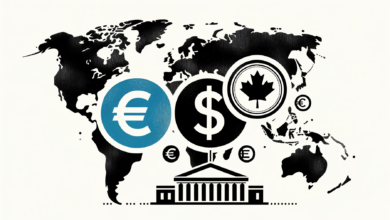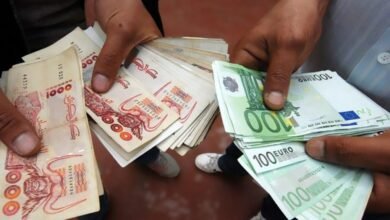Egypt floats its currency, agrees with the IMF to increase bailout loan to $8 billion

Following the announcement, the pound began floating and within hours lost more than 60% of its value against the dollar. By the end of the day, commercial banks were trading the U.S. currency at more than 50 pounds for $1, up from about 31 pounds.
The war in Ukraine, which rattled the global economy, hit cash-strapped Egypt where it is financially vulnerable — the most populous Arab country is the world’s biggest importer of wheat and needs to buy a majority of its food from other countries to help feed its population of more than 104 million people.
The Central Bank of Egypt said its measures Wednesday would help end the black market in currencies and slow inflation, which reached unprecedented levels in recent months. The annual inflation rate was over 31% in January, according to official figures.
“The CBE will continue to target inflation as its nominal anchor, allowing the exchange rate to be determined by market forces,” the central bank said.
The authorities also said the Central Bank has managed to “secure funds” for market needs — an indication they expected the exchange rate to stabilize.
Analysts believe the source of the funds was a multi-billion dollar deal last week with an Emirati consortium to jointly develop the Mediterranean city of Ras el-Hekma, 350 kilometers (218 miles) northwest of Cairo. Egypt is to get $35 billion from that deal.
The rising cost of basic goods has deepened the hardships faced by middle-class and poor Egyptians. They have suffered from price hikes since the government embarked on an ambitious reform program in 2016 to overhaul the battered economy. Nearly 30% of Egyptians live in poverty, according to official figures.
The Central Bank measures paved the way for an agreement with the IMF to increase a bailout loan to $8 billion, up from $3 billion after marathon negotiations. The agreement, which is announced Wednesday late afternoon, still needs the approval of the IMF executive board which is expected to meet this month.
“The authorities are showing strong commitment to act promptly on all critical aspects of their economic reform program,” said Ivanna Vladkova Hollar, IMF Mission Chief for Egypt, adding that the chief reforms include a free-floating exchange rate and a slowdown in infrastructure spending to reduce inflation.
Egyptian Prime Minister Moustafa Madbouly said the new deal will enable the government to receive loans from other financial institutions including the World Bank.
Source link





